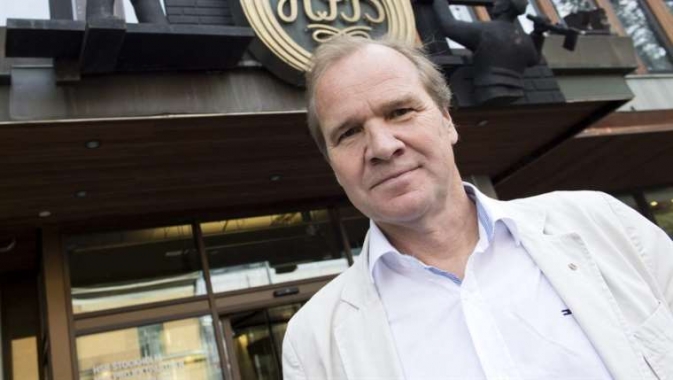"Integration is harder to handle than housing"
An interview with the Chair of HSB, Anders Lago about the challenges of the refugee crisis
Stockholm, 25 April 2016
Large scale migration towards and within Europe is the new norm for many reasons. As political leaders are still trying to come up with solutions, housing associations and local authorities are dealing with their greatest challenge in recent history. How can the communities of our future be shaped in a sustainable way? What is the role of affordable housing providers? What is the key to integration? We virtually met Anders Lago, Chair of our Swedish Cooperative member, HSB to discuss about the challenging balance between housing, migration and integration.
What are the key challenges that the new reality of the refugee crisis is rising for housing providers at national and local level?
Countries that receive large groups of refugees take a great deal of responsibility. Immigration has historically been a growth issue, but when many refugees arrive in a short period of time there will be several challenges for the society that need to be addressed. One is about housing, but equally or more important is education and jobs. In other words: integration is harder to handle than housing. But of course you always need shelter. And you need more housing at lower costs. That’s quite hard to handle and difficult to produce. Therefore it’s necessary that housing actors, state and municipalities collaborate.
Which are the basic elements of a successful approach for the integration of the new populations in the local communities?
The most important thing is education and jobs. If the newly arrived gets a job and receives a salary, then it will be easier to find a home. It may sound obvious, but it is important to point that out.
Is the refugee crisis a game changer regarding the relationship between housing providers and the local authorities?
The newly arrived, at least initially, have in general very small financial resources. That makes collaboration between the government, the local authorities and the housing sector necessary. The state – The Migration Agency - is responsible for accommodation during the asylum period. Since there is a severe housing shortage in Sweden the debate is about how all the newly arrived will be able to get housing.
How can the emergency situation be addressed while taking care of the long-term needs at the same time? Is this possible or will this be a recurring problem?
The situation is very disparate in different countries. The most difficult situation is currently in the countries close to the crisis in Syria, for example Turkey, Jordan, Lebanon, but also countries such as Greece, Macedonia and Italy, where many people come. Sweden and Germany, in 2015, received many asylum seekers, while many countries in the EU more or less closed their borders. Now it is necessary that the EU can agree on a new refugee policy, and that all countries in the EU are prepared to cooperate and take responsibility.
Would you share with us a good example from your experience dealing with the issue in Sweden?
Sweden has, like many countries, low birth rates and a need for immigration. But even though Sweden has a great deal of experience in the reception of refugees, we have a lot to learn when it comes to integration, to quickly get people into jobs and to ensure that there are homes for everybody. The big influx in the last year, around 163 000 people, has really made demands on the entire society. The Swedish co-operative enterprises, as my own organization HSB, have set up among other things internships and entry jobs for newly arrived.

Leave comments